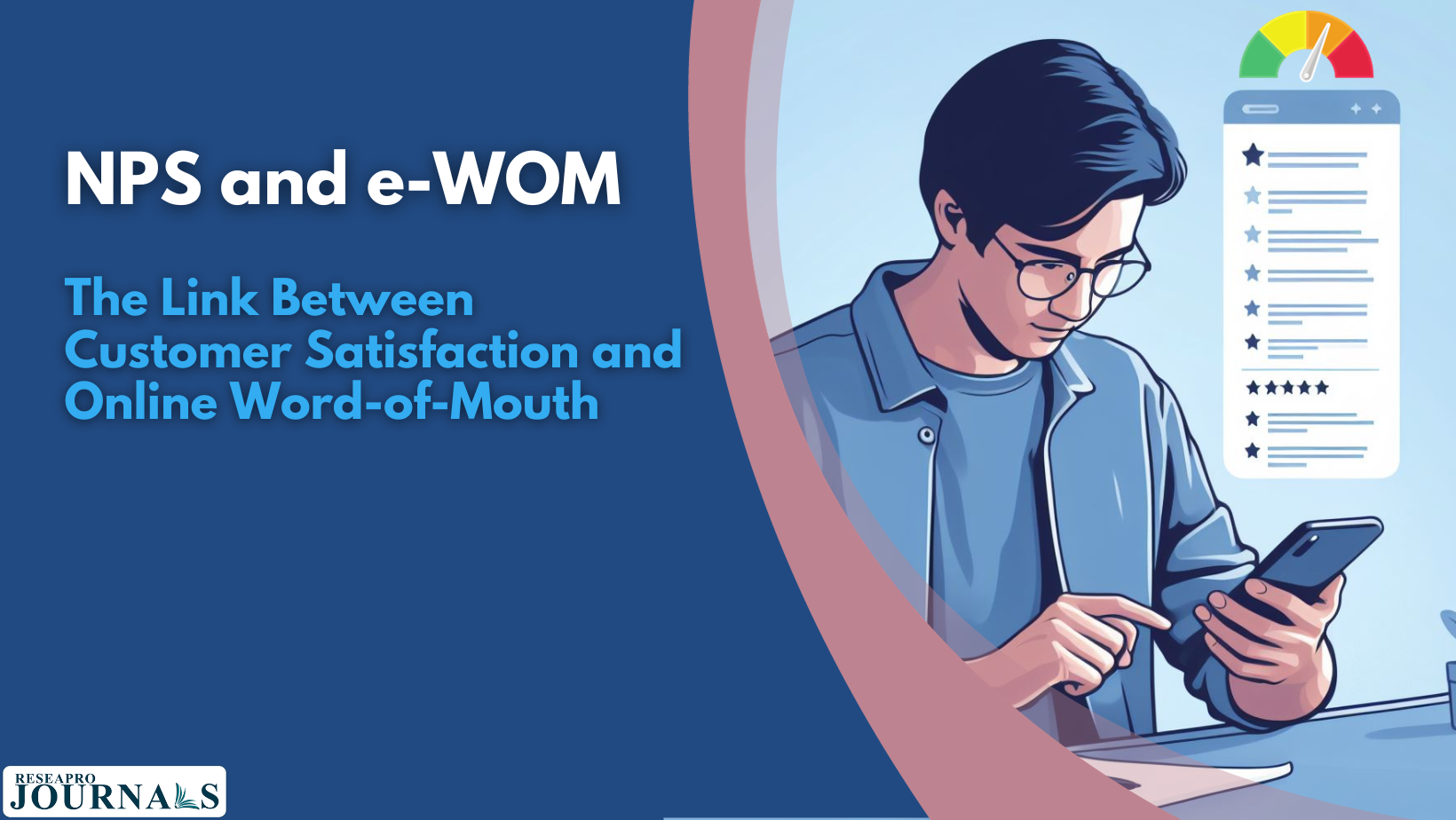|
Getting your Trinity Audio player ready...
|
Net Promoter Score (NPS)
Net Promoter Score (NPS) is a customer loyalty metric that was developed by Fred Reichheld in 2003. It is based on the simple question: “How likely are you to recommend this company to a friend or colleague?” Customers who respond with a 9 or 10 are considered promoters, those who respond with a 7 or 8 are considered passives, and those who respond with a 0 to 6 are considered detractors. The NPS is calculated by subtracting the percentage of detractors from the percentage of promoters.
Electronic Word-of-Mouth (e-WOM)
Electronic word-of-mouth (e-WOM) is any type of online conversation about a company or product. This can include online reviews, social media posts, blog posts, and forum discussions. e-WOM can have a significant impact on a company’s reputation and sales.
The Link Between NPS and e-WOM
A number of studies have found that there is a positive link between NPS and e-WOM. This means that companies with high NPS scores are more likely to have positive e-WOM. For example, a study by Raassens and Haans (2017) found that customers with high NPS scores were more likely to write positive online reviews and blog posts about a company.
The Role of National Culture
The influence of NPS on e-WOM can also be affected by national culture. For example, a study by Gomaa et al. (2023) found that the influence of NPS on e-WOM was stronger in cultures that are more collectivist, such as China and Japan, than in cultures that are more individualistic, such as the United States and the United Kingdom.
Implications for Companies
The findings on the link between NPS and e-WOM have a number of implications for companies. Companies can use NPS to track their customer satisfaction and identify areas where they can improve. Additionally, companies can encourage their customers to write positive online reviews by providing them with excellent customer service and making it easy for them to leave feedback.




